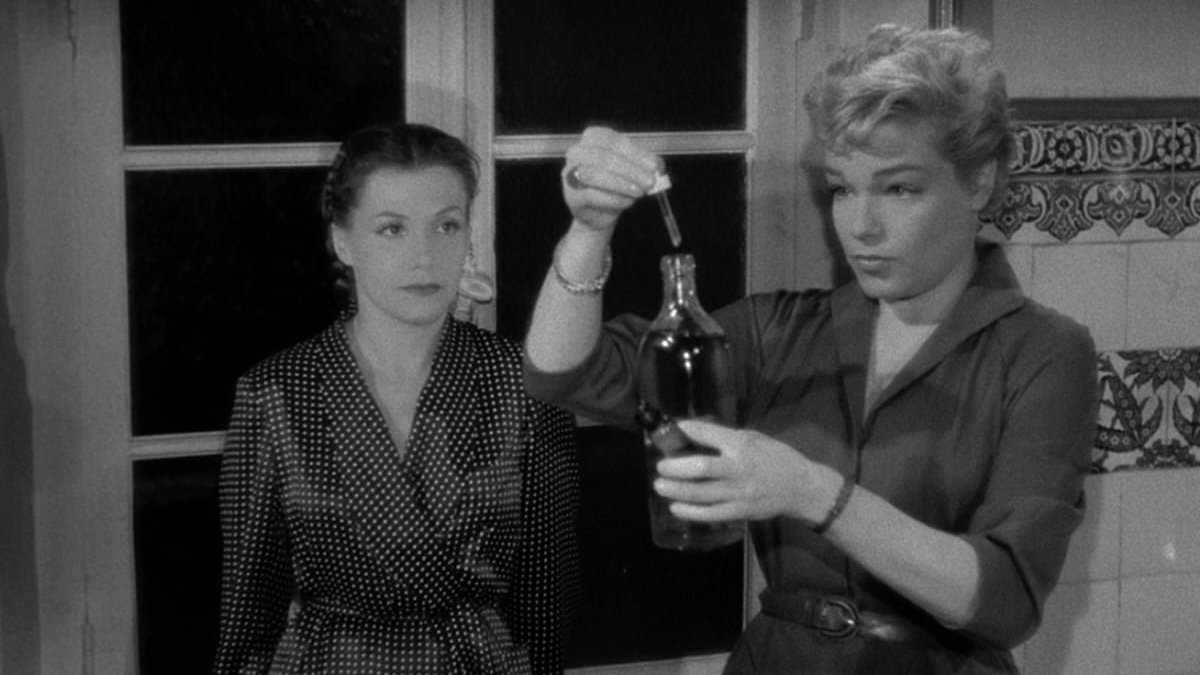Film Review — "Handling the Undead"
Imagine, you finally manage to shuffle off this mortal coil and attain the sweet relief of death, only to be brought back to the same shitty shindig you didn’t ask to be invited to in the first place. Wouldn’t that stink? Like, just let my body decay in peace! Makes you want to bite a bitch.
Yeah sure, I too am guilty of yearning for the recently deceased to return to me without fully thinking through the horrific consequences, even though Pet Sematary is my #1 King. (Don’t worry, I shan’t invoke the famous Jud Crandall remark that I’m sure other critics are quoting in their reviews.) Regeneration, revival, resurrection—whatever you call it—is a universal want when someone beloved dies, and no one’s immune to it, not entirely.
I understand why people are calling Handling the Undead a zombie movie, but, while I guess that’s technically not incorrect, that categorization feels a tad insular. Not to get all “elevated horror” or “literary horror” about it, but Handling the Undead has a bit more on its mind.
The film itself appears to be Going Through It™ in its own right, processing moments as needed. Director Thea Hvistendahl keeps us at a distance whenever the film has something to compartmentalize; her camera often observes action, or inaction, through doorframes, sometimes from a darkened adjacent room or hallway. The inter-framing makes for a smart and functional visual metaphor. It offers the subject of the shot a place to ruminate, and it gives the viewer a spot to aim their sympathies at.
Two of the principal grievers are Anna and David, played by Renate Reinsve and Anders Danielsen Lie, who must be, like, the main Norwegian actors right now, right? I’m choosing to believe they are, anyway. I mean, they were both fantastic in The Worst Person in the World, and now they’re turning out wholly different performances just a few years later in this? As far as I’m concerned, that makes them Norway’s biggest stars of the day.
Renate Reinsve is a fascinating actress to watch. She excels at conveying interiority and revealing a character’s pent-up pain with her subtly expressive face. She’s also incredibly forthright in her physicality and movements. Fairly early on, after Anna sees her undead son for the first time, she makes a quick, knee-jerk decision to self-harm in a manner so radical that a less naturalistic actress would have a much, much harder time passing off as a believable human response.
Anders Danielsen Lie also feels authentic on screen. David is such a real dude, and not just due to Lie’s utter lack of pretense as an actor. Whoever selected his wardrobe deserves recognition for the character’s genuine vibe, too. The big, kinda tacky prints on his shirts immediately communicated to me exactly who David is. Coupled with his open-heartedness, David exudes an affable fatherly warmth and provides a much-needed light in the gloom at the film’s core.
I’m a Gloomy Gus (you’re shocked, I can tell), so I was obviously on Handling the Undead’s wavelength from start to finish. I was not deterred in the slightest. The somber mood did not pose a threat to my fortitude, and the unhurried pace did not test my patience. The film isn’t in a rush to get anywhere, and that’s okay because neither am I. Those who claim the movie never goes anywhere at all, though? Well, they are entitled to their misguided opinion. Listen, to put it simply, bearing in mind the subject matter and the manner in which it’s presented to us, Handling the Undead is a not-for-everybody film. It is, however, a Me film to the max.
If I had gone on to direct features, as was the dream for a long time, my work in all likelihood would have resembled Handling the Undead, assuming I’d be in the same headspace in that timeline, which I probably wouldn’t be, actually, so forget everything I just said. Nonetheless, Handling the Undead feels like it was ripped from my soul, as it stands in this moment.
You see, I think about death a lot (again, you’re shocked, I can tell). To be clear, I don’t think about dying; I think about being dead. Those may sound the same, but there is a difference, namely I’m not at risk and never have been. I’m just gothically minded, is one way to put it. Emo, perhaps. A Harold, if I may.
All this to say, it’s for this reason that I empathized most with the undead folks. Given the title, I recognize that the movie is “about” how we might react to our recently deceased loved ones rising again, how we might care for them in their new state of living(?). But my heart was with the formerly dead straight away. No one asked them whether or not they wanted to come back… whether or not they ever wanted to be here to begin with. Because, maybe, sometimes dead is better. (Damn, I said I wouldn’t do the line.)


